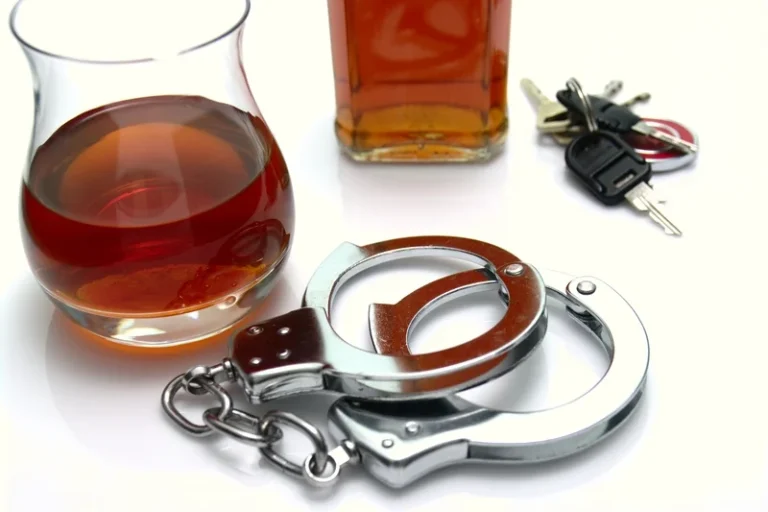
People become reliant on alcohol to help with anxiety, but their anxiety grows because of it. I’ve spent the last seven years researching and understanding alcoholism, addiction, and how people get sober. Additionally, I examine the way mental and physical health as well as our relationships with others impact the reasons people drink and their role in maintaining sobriety long-term. As the alcohol wears off, we are left with an overstimulated nervous system which can lead to intense feelings of anxiety as well as panic attacks. It’s important to address the reality of co-occurring alcohol abuse and anxiety disorders.
Can Drinking Alcohol Cause Anxiety? Understanding Alcohol and Anxiety Attacks
- In addition, if you’re noticing your anxiety levels increasing after drinking, try cutting down on how much you drink.
- “Initially, you get a spike in blood sugars because of the alcohol and then a rapid depletion of them leads to feelings that are attributable to anxiety,” Goldberg says.
- By the time I reached my early thirties and evolved into a nearly daily drinker, I noticed new symptoms.
- Waking up with no memory of certain events or actions can be unsettling and create a sense of unease.
However, it’s crucial to understand that while alcohol may seem to reduce stress in the short term, this effect is temporary and often misleading. The initial calming sensation can quickly give way to more severe anxiety symptoms as the alcohol wears off, potentially leaving the individual worse off than before they started drinking. If, despite these efforts, you still alcohol and anxiety periodically wake up after drinking with feelings of anxiety, practice mindfulness. And when anxious feelings surface, turn to healthy alternatives like meditation, deep breathing or exercise.

Lifestyle changes to reduce anxiety
An immune response causes alcohol allergy, whereas the digestive system is responsible for alcohol intolerance. Alcohol delays and suppresses or limits rapid eye movement (REM) sleep and may cause you to wake up, resulting in poor-quality, lighter sleep and less time in restorative deep sleep. Any information published on this website or by this brand is not intended as a substitute for medical advice, and you should not take any action before consulting with a healthcare professional. Kimberly Goad is a New York-based journalist who has covered health for some of the nation’s top consumer publications. Her work has appeared in Women’s Health, Men’s Health and Reader’s Digest.Dr. Merle Myerson is a board-certified cardiologist with specialties in sports medicine, lipids, women’s health and prevention of cardiovascular disease.
Mental Wellness Tips to Improve Your Mental Health
Alcohol isn’t a healthy or sustainable relaxation tool, but relaxation techniques relevant to your preferences and needs are. Fill your toolbox with techniques like breathing exercises, meditation, exercise, creative expression, and more to cope with stress without alcohol. Planning ahead for stressful situations can help you feel more prepared and empowered.
- If you don’t feel reliant on alcohol and want to continue drinking occasionally in social situations, make sure you pay extra attention to your hydration levels.
- About 20 percent of people with social anxiety disorder also suffer from alcohol dependence.
- Long-term alcohol use can cause significant neurochemical changes in the brain.
- Older adults — drinkers, nondrinkers, it doesn’t matter — are already at risk for hypertension.
- Using alcohol to cope with social anxiety disorder can be dangerous.
Increase Your Brain-Derived Neurotrophic Factor

Dr. Schacht recommends checking in with yourself about why you’re drinking. Is it because you’re genuinely enjoying time with your friends or family, or are you trying to relieve taxing feelings you’ve been dealing with? Have a sober hang with friends, go on a hike or walk, read a book, or host a movie or Netflix night. The relationship between alcohol use and anxiety is complex and multifaceted. Dehydration, disrupted sleep patterns, and fluctuations in blood sugar levels can also contribute to feelings of anxiety the day Drug rehabilitation after drinking. Additionally, the psychological effects of regret or embarrassment from alcohol-induced behavior can exacerbate anxiety symptoms.
The cycle of alcohol use and anxiety

These groups offer a safe space to share experiences, learn coping strategies, and find encouragement from others who understand the struggle. The only hard and fast way to prevent hangover-induced anxiety is drinking in moderation or abstaining altogether. The good news is that, just like any bad hangover, hangxiety doesn’t last forever. According to the NIAAA, anxiety and other psychiatric disorders are common among those with AUD. AUD and psychiatric conditions may exacerbate each other, so it is possible for alcohol to worsen anxiety.
- If you have social anxiety or a social phobia, therapy may work best to reduce your levels of anxiety (combined with a medication such as sertraline, or Zoloft).
- The first step is to seek help from an experienced medical professional.
- Later in the sleep stages, alcohol disrupts REM sleep and paralytic sleep, which is when your body rejuvenates itself.
- “Some of the new diabetes medications have a diuretic effect, and that could cause dehydration” in people with diabetes, Vaishnava says.
